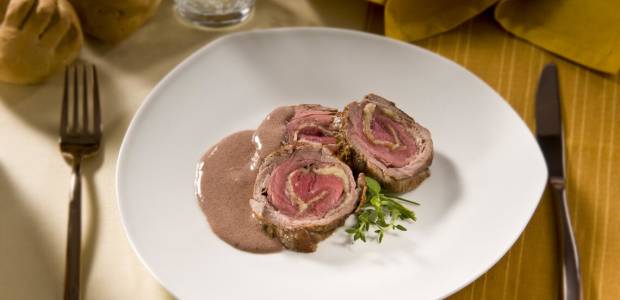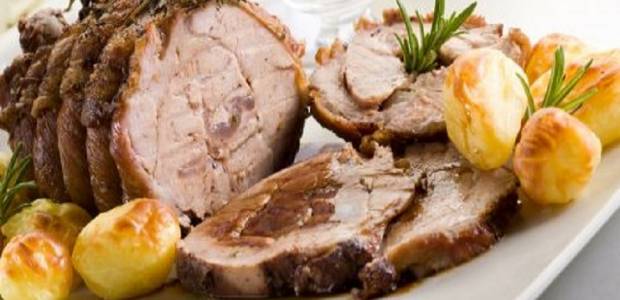Languages
Parma rose and roast Bologna: two fillings for two cities
The roast, also nicknamed 'Sunday Roast', is the quintessence of a holiday lunch, with family or friends. A real evergreen, a dish that encloses a lot of tradition and requires a meticulous choice of the type of meat and the cooking times.
In the territories of Emilia, after a plate of anolini or tortellini in broth, is the second course that cannot and must not be missed.
Take Parma and Bologna. The cities of the Bassa Padana, divided by about 95 km, offer two versions of roast.
The difference lies in the filling, made with the typical cold cuts of the place: the Parma PDO ham in the Parma rose and the Bologna PGI mortadella in the roasted Bologna.
In both recipes beef is used and the preferred cooking is the pan, slower but also tastier.
The two variants focus on the filling of the roast, although another ingredient has an essential function: wine.
In fact, to get the bottom of the roast, in the Rosa di Parma you use the Lambrusco, red and sparkling, while in the roast Bologna of Pignoletto, white and dry.
Once again the two cities are emulated in the preparations, but at the same time they differ in the astute choice of products that belong strictly to the territory.
The two wines contribute to enhance the taste of the meat and the filling making them moist and succulent to the right point.
Parma ham is soaked with Lambrusco and Pignoletto’s mortadella. The sausage and the wine are combined to create a perfect union that soothes the palate.
From the outside the two roasts seem seemingly equal, but by cutting the first slice is immediately recognizable their diversity, both in colors and in scents and scents.
You are spoiled for choice… But if at the table you are good forks and enjoy the products of Emilia indistinctly, then, you just have to try the two recipes and enjoy both roasts!






